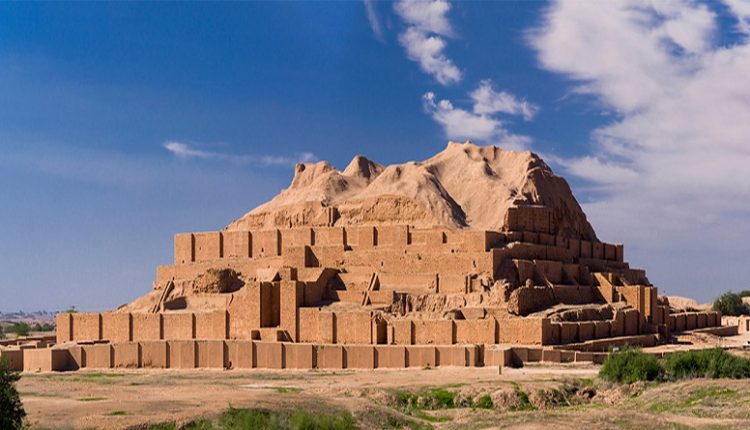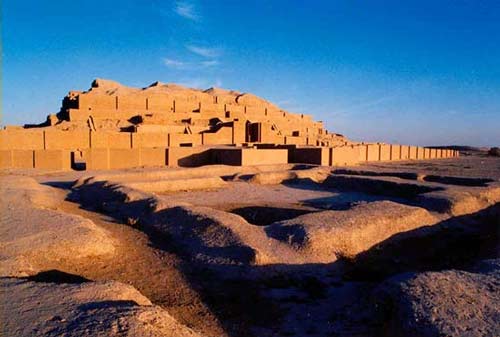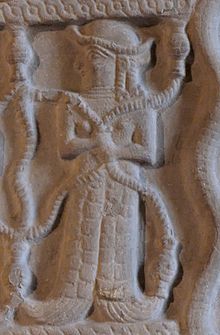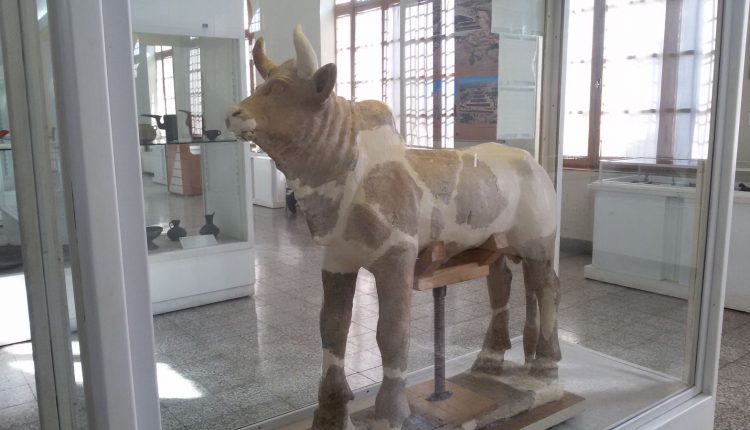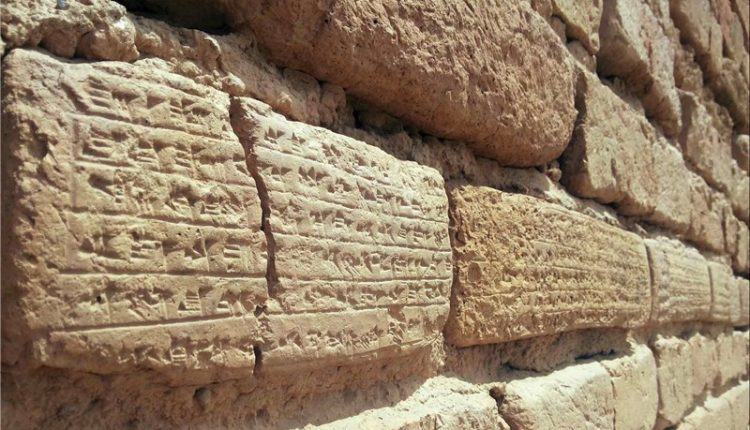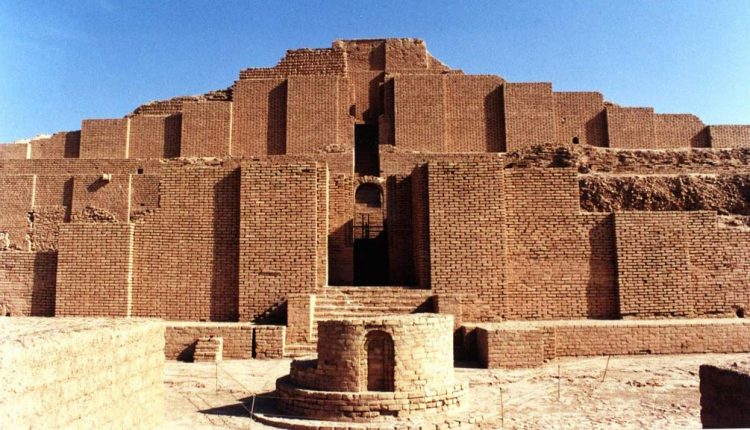Chogha Zanbil; An Ancient Ziggurat
Chogha Zanbil; An Ancient Ziggurat
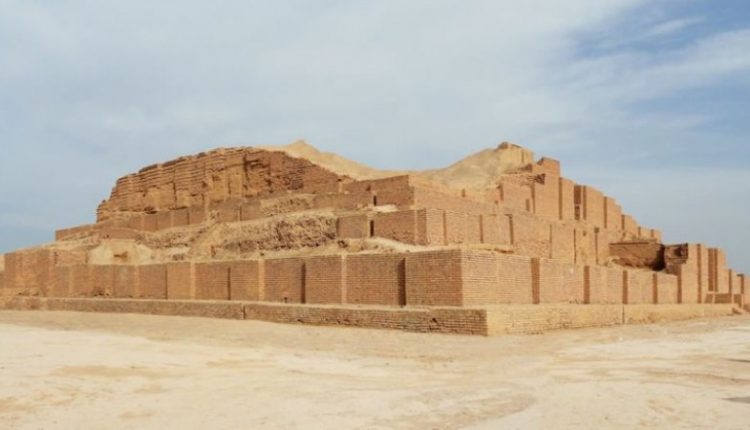
Chogha Zanbil; an ancient Elamite complex
Chogha Zanbil is an ancient Elamite complex in Khuzestan province of Iran. It is one of the ziggurats outside Mesopotamia. Shush is one of the oldest cities of Iran in where Chogha Zanbil is situated. Antiquity of Shush dates back to 7000 years B.C.
Keep reading so that myDorna makes you familiar with Chogha Zanbil.

Introduction
Ziggurats were popular for ancient people as mosques are sacred for Muslims now. Using best materials for constructing this place demonstrates the holiness and popularity it. There are numerous ziggurats, but the best of them is Chogha Zanbilb. This place which was covered underground for many years, was built by Ontash Napirash. This place was one of the popular temples that most part of it were destroyed by armies of Ashurian Empire. This place was discovered by Roman Ghrishman in the year of 1979.

It is still a mystery since no one knows how it was discovered. One of the geologists said there are oil mines and others dug here and found the ziggurat. There is an inscription found here on which a king of Ashurians has introduced himself and has said that I destroyed Chogha Zanbil to wipe out the happiness.

Antiquity of the inscription shows that Chogha Zanbil was destroyed in the year of 640 B.C. Materials of this place are brick and clay. During the researches, some pottery sculptures of bulls were found.

Also, a sculpture with the shape of a woman who has a tail of fish with two snakes was found before and it is now kept in Louvre Museum.

How to Get There?
Chogha Zanbil is located in Khamat region. For getting there, follow Ahvaz-Shush Express way and turn to Sheykh Ali Asghar road. Following the road and after Sheykh Ali Asghar, there are two ways that the right one leads you to to Khamat and Chogha Zanbil.
Address: Iran, Khuzestan Province, Shush City, Chogha Zanbil.
Leave your comments about this place below.

